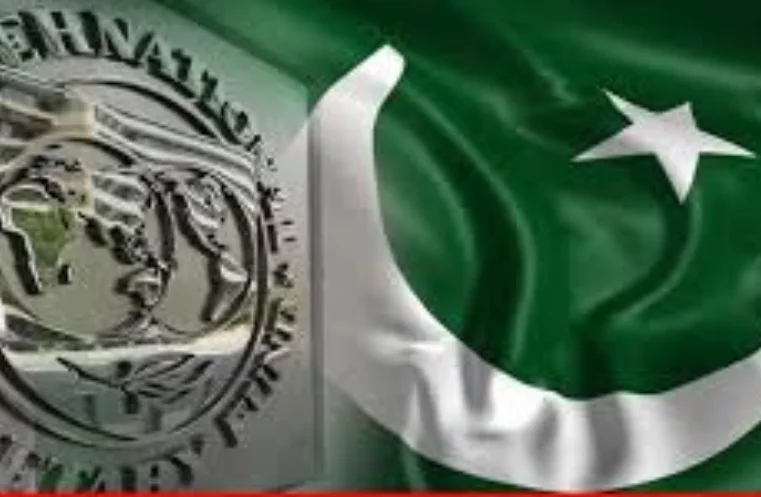Islamabad, Mar 10, 2025: Pakistan and the International Monetary Fund (IMF) have initiated policy-level negotiations concerning the disbursement of the next installment of the $7 billion loan agreement.
These discussions, which will continue until March 14, are crucial for assessing the nation’s economic reform progress.
As per officials from the Ministry of Finance, the IMF delegation will thoroughly evaluate Pakistan’s adherence to economic reforms outlined in the loan agreement.
Additionally, the talks will involve deliberations on fiscal policies for the upcoming budget, with a special emphasis on taxation strategies and energy sector reforms.
Proposed Taxation Adjustments
Sources reveal that the IMF has suggested several taxation measures, including a surcharge of Rs 2.80 per unit on electricity bills and the imposition of a carbon tax on petroleum products such as petrol and diesel.
Another proposal under discussion is an increase in the petroleum levy, raising it from Rs 60 to Rs 70 per litre.
Furthermore, the IMF has recommended implementing a carbon levy on coal-powered energy plants and industrial boilers to address environmental concerns.
Energy Sector Reforms and Privatization
The energy sector remains a focal point of the negotiations due to persistent circular debt issues.
To manage this crisis, the government has already secured a loan of Rs 1,250 billion from commercial banks at an interest rate of 10.8%.
Meanwhile, the IMF has rejected Pakistan’s proposal to extend the winter relief package for industrial and agricultural consumers and has advised implementing gas tariff adjustments for captive power plants.
Read More:
Saudi Riyal to PKR Rate – 10 March 2025
Privatization discussions are also on the agenda, with key state-owned enterprises such as Pakistan International Airlines (PIA) undergoing scrutiny.
The IMF is expected to review progress in the privatization process as part of its broader economic reform agenda.
Tax Collection and Revenue Enhancement
To expand the tax base, the government plans to generate Rs 250 billion in revenue from various sectors, including retail.
Proposed measures include trader-friendly tax schemes, compliance monitoring, and administrative reforms.
Additionally, tax relief measures for real estate, beverage, and tobacco industries are being reviewed, subject to IMF approval.
The government is also considering reducing the tax burden on salaried individuals in the forthcoming budget, a move that could offer financial relief to middle-income earners.
Despite the strict conditions imposed by the IMF, officials from the Finance Ministry remain hopeful about securing the next $1 billion tranche under the Extended Fund Facility (EFF).
A successful negotiation outcome could revitalize industrial activity and create employment opportunities.
These ongoing discussions hold significant economic implications for the country’s financial stability and growth trajectory.









